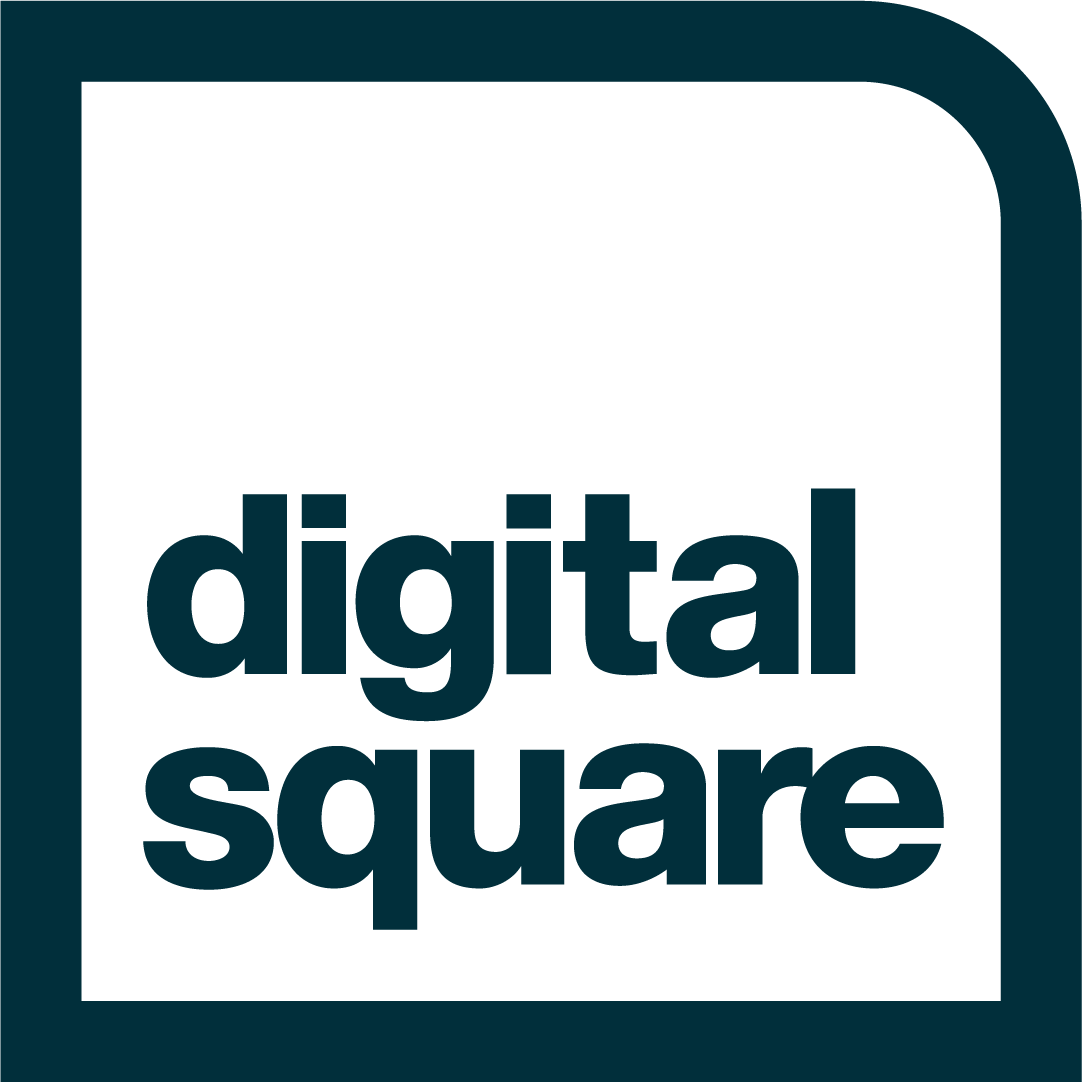The right tool for the job: Assessing digital tools for COVID-19 response
Digital technologies play an important role in the COVID-19 global response. Countries have leaned on digital and data systems to monitor, track, and manage their caseloads. They use data provided through these systems to better allocate resources and gain a clearer understanding of how COVID-19 is impacting their communities.
But with a large and growing selection of tools available, how do countries and donors know what tools are available? And importantly, what tools best suit their unique needs?
Researchers at the Johns Hopkins University Global mHealth Initiative (JHU-Gml), with support from the Bill & Melinda Gates Foundation, assessed nine high-impact, high-utilization tools that can be used to support the COVID-19 response efforts. Using criteria that decision-makers in countries and donor organizations often use, this assessment provides a comparative reference that looks at factors such as scalability, reliability, security, and cost consideration.
The following platforms are included in the report: CommCare, Community Health Toolkit, DHIS2 Tracker, Go.Data, ODK, OpenSRP, RapidPro, SORMAS, and WelTel. Six of the nine platforms are digital health global goods, interoperable tools and technologies that are adaptable to different countries and contexts.
“Our criteria were not just about technical capacity, but wider parameters that digital technologies need to consider for long-term success and sustainability in-country,” shared lead author Smisha Agarwal, PhD, MPH, MBA, an assistant professor in the Department of International Health at the Johns Hopkins Bloomberg School of Public Health. “The framework developed for this assessment can be adapted and used more broadly within our sector.”
The nine digital platforms were evaluated under each of these criteria using a three-tier maturity framework. The assessment also provides a comparative analysis for each of the criteria to help decision makers quickly understand the benefits and limitations of these platforms.
The platforms were also assessed against a variety of use cases pertaining to COVID-19. These include existing deployment, flexibility, and adaptability for COVID-19 use cases, their ability to support multiple languages, and stakeholder interest in how these applications can be leveraged in response to COVID-19. From contact tracing, to port of entry screening and health worker training, these tools can provide support for multiple core components for pandemic or epidemic response. Using a user story approach, the assessment looks at the available functionality of each platform to determine where it best supports COVID-19 response activities. Notable features of each platform are highlighted along with areas where they could be adapted for response activities.
This assessment has been shared in over 49 countries—demonstrating the desire for easy-to-use comparisons of digital platforms. While this assessment currently focuses on nine tools, efforts are underway to expand this, both by JHU and others including Digital Square.
Digital Square is leveraging its unique role and strengths to support countries, donors, and partners in the response to the COVID-19 pandemic. Harnessing existing relationships across the global digital health ecosystem, we mobilize our robust network of partners in coordinated response. We also utilize PATH’s work in global health security, malaria, primary health care, and the broader digital and data portfolio to increase comprehensive support country partners in ensuring essential health services remain available.
“The Johns Hopkins assessment provides detailed information on a subset of robust digital tools that countries can consider in aiding their response to the COVID-19 pandemic,” says Amanda BenDor, Digital Square Partnerships and Community Engagement Manager. “Many countries are already using these tools, thus adapting them for COVID-19 use cases can easily be done to expedite use and scale. In addition to the platforms featured, this report provides helpful information on how to select a platform for your use case, including highlighting important non-functional requirements. Kudos to the team on rapidly producing a great assessment that is beautifully packaged.”
For a list of Global Good Adaptations to COVID-19, visit the Digital Square wiki.


